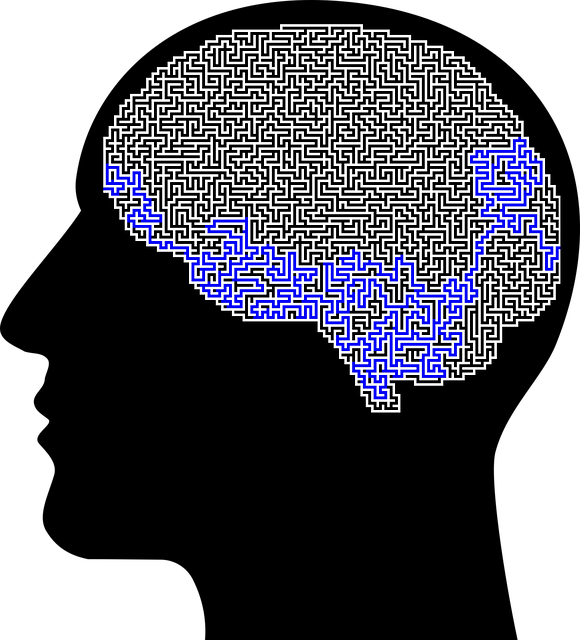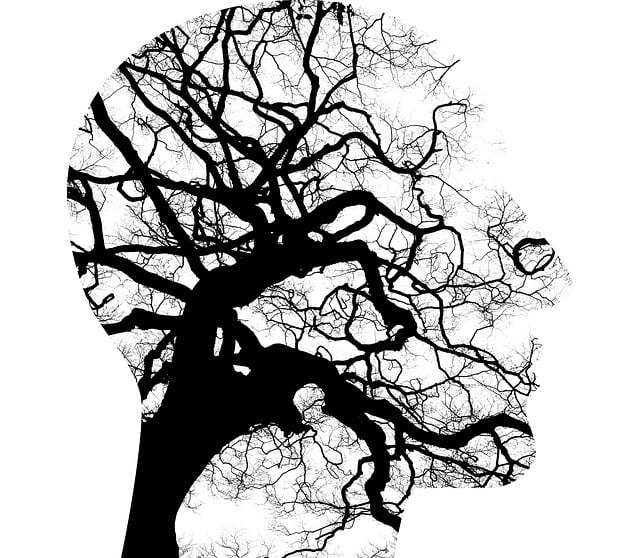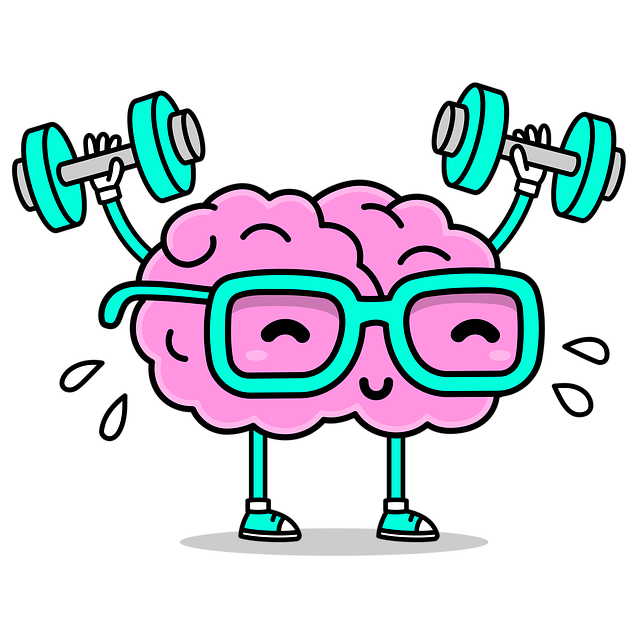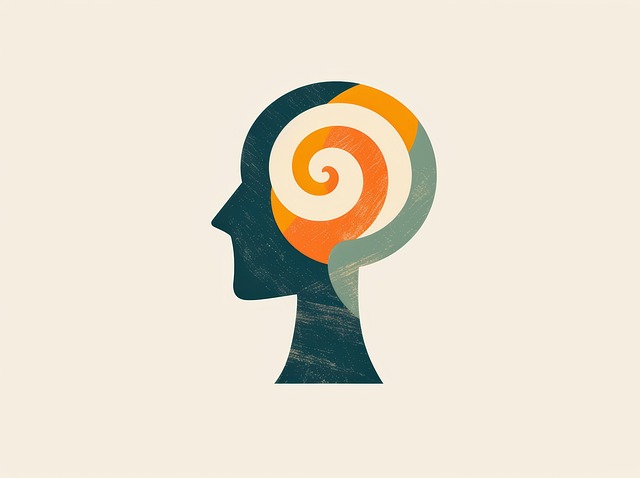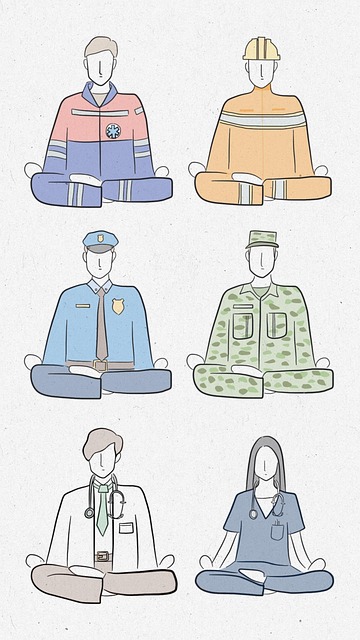Mental health advocacy, particularly Cognitive Processing Therapy (CPT), offers a transformative solution for therapy for adolescent teens. CPT equips teens with skills to understand and modify negative thought patterns, improving emotional regulation and self-esteem. By fostering self-awareness and resilience, this approach prevents long-term mental health issues and empowers young people with lifelong coping mechanisms. Integrating CPT into school curriculums and community programs promotes proactive mental wellness among adolescents.
Mental health advocacy is a powerful tool for creating positive change, especially for adolescents. This article explores initiatives focused on supporting teen mental well-being. We delve into the significance of advocacy and its impact on young lives. Furthermore, we introduce Cognitive Processing Therapy (CPT), a game-changer in treating adolescent mental health issues. By understanding CPT’s principles, we uncover its effectiveness in addressing cognitive distortions. Additionally, we provide strategies to foster thriving teen communities, emphasizing the importance of early intervention and accessible resources for optimal mental health.
- Understanding Mental Health Advocacy: Why It Matters for Teens
- Unveiling Cognitive Processing Therapy: A Transformative Approach for Adolescents
- Initiatives and Strategies to Promote Mental Well-being in Teen Communities
Understanding Mental Health Advocacy: Why It Matters for Teens

Mental health advocacy initiatives play a pivotal role in shaping the well-being of adolescent teens. Understanding mental health advocacy is crucial because it empowers young individuals to recognize and address their emotional challenges. In today’s fast-paced world, where academic pressures and social expectations can be overwhelming, teens often struggle with issues like anxiety and low self-esteem, which may lead to more severe mental health conditions if left unaddressed.
Cognitive Processing Therapy (CPT) is a game-changer in therapy for adolescent teens. As part of Mental Health Policy Analysis and Advocacy, CPT focuses on helping teens understand their thoughts and behaviors, thereby improving their emotional regulation skills. By facilitating self-esteem improvement, CPT enables teens to navigate through life’s challenges more effectively, reducing the risk of developing long-term mental health issues. This approach is vital in creating a supportive environment where teens feel heard, understood, and encouraged to seek help early on.
Unveiling Cognitive Processing Therapy: A Transformative Approach for Adolescents

Unveiling Cognitive Processing Therapy (CPT) offers a transformative approach to mental health support specifically tailored for adolescents. This evidence-based therapy focuses on understanding and modifying negative thought patterns, providing young individuals with the tools to navigate emotional challenges effectively. CPT empowers teens by teaching them to recognize and challenge distorted cognitions, thereby improving their mood management skills and fostering healthier emotional healing processes.
By delving into these cognitive processes, adolescents can gain a deeper sense of self-awareness and build resilience against mental health struggles. The therapy promotes confidence boosting strategies, enabling teens to face difficulties with newfound perspective and adaptability. This proactive approach not only empowers young people but also equips them with lifelong skills to maintain good mental health.
Initiatives and Strategies to Promote Mental Well-being in Teen Communities

In recent years, mental health advocacy initiatives have gained significant traction within teen communities, recognizing the importance of early intervention and support. One innovative approach that has shown promise is Cognitive Processing Therapy (CPT), a form of therapy tailored for adolescent teens to address trauma and its impact on their mental well-being. CPT focuses on helping teens understand and reframe negative thought patterns, thereby enhancing their cognitive processing abilities and promoting better emotional regulation.
Complementing therapy sessions, Stress Reduction Methods and Mental Wellness Coaching Programs Development play pivotal roles in fostering resilience among teens. These strategies empower young individuals with tools to manage stress effectively, build coping mechanisms, and develop a positive mindset. By integrating such initiatives into school curriculums and community programs, we can create an environment that not only prevents mental health issues but also encourages the proactive pursuit of mental wellness. Additionally, Resilience Building is a key component, helping teens navigate challenges with increased adaptability and strength.
Mental health advocacy plays a pivotal role in ensuring teens receive the support they need. By combining education, cognitive processing therapy, and community initiatives, we can create a supportive environment that fosters resilience and well-being among adolescent teens. Initiatives such as these not only address immediate concerns but also equip young individuals with lifelong coping mechanisms, ultimately enhancing their ability to navigate life’s challenges. Cognitive Processing Therapy, in particular, has proven effective in helping teens understand and manage their mental health, making it a valuable tool in the advocate’s toolkit.


